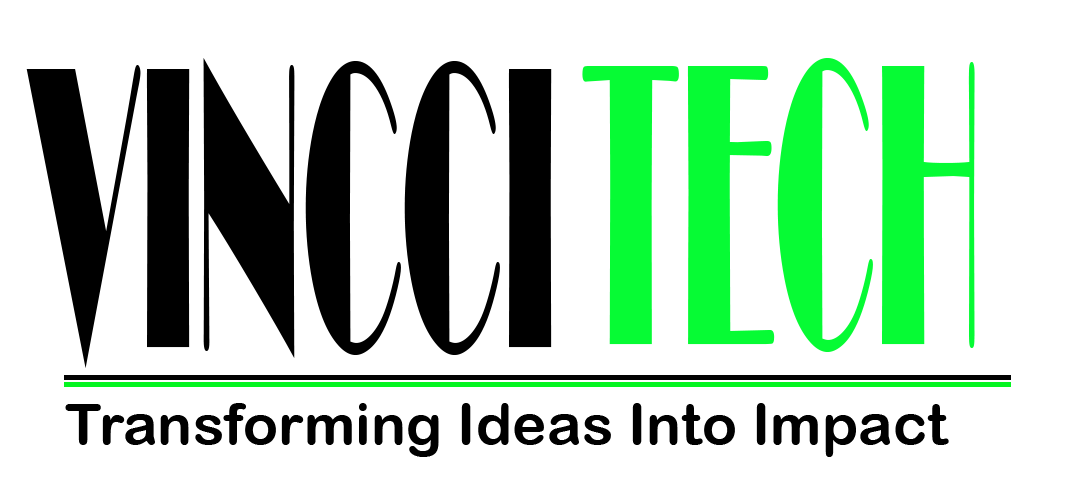Introduction
The rise of robotics and automation is transforming industries at an unprecedented pace. From manufacturing to healthcare, intelligent machines are taking over repetitive tasks, optimizing workflows, and even making decisions. While this shift boosts efficiency and reduces costs, it also raises concerns about job displacement.
But not all tech jobs are at equal risk. Some roles will evolve, others will disappear, and new opportunities will emerge. The key to surviving—and thriving—in this new era is future-proofing your skills.
In this article, we’ll explore:
- How robotics is reshaping the job market
- Which tech jobs are most vulnerable to automation
- How to future-proof your career in an AI-driven world
How Robotics Is Changing the Tech Job Landscape
1. Automation of Repetitive Tasks
Robots and AI excel at predictable, rule-based work. Jobs involving data entry, basic coding, and manual testing are increasingly automated. For example:
- Software testing → AI-powered test automation tools
- IT support → Chatbots and self-healing systems
- Basic coding → AI-assisted development (GitHub Copilot, ChatGPT)
While these tools improve productivity, they reduce demand for entry-level tech workers performing routine tasks.
2. The Rise of Human-Machine Collaboration
Rather than replacing humans entirely, robotics is creating hybrid roles where workers oversee and optimize automated systems. Examples include:
- Robotics maintenance technicians – Fixing and calibrating industrial robots
- AI trainers – Teaching machine learning models to improve accuracy
- Automation architects – Designing workflows where humans and bots work together
These jobs require both technical and problem-solving skills, making them harder to automate.
3. New Jobs We Can’t Yet Imagine
Just as the internet created entirely new careers (social media managers, cloud architects), robotics will spawn jobs that don’t exist today. Some possibilities:
- Robot ethicists – Ensuring AI decisions align with human values
- Autonomous fleet managers – Overseeing delivery drones and self-driving trucks
- Human-robot interaction designers – Making AI interfaces more intuitive
Adaptability will be crucial in seizing these emerging opportunities.
Which Tech Jobs Are Most (and Least) Vulnerable?
High-Risk Jobs (Likely to Decline)
| Job Role | Why It’s at Risk |
|---|---|
| Data Entry Clerks | Easily automated with OCR and AI |
| Basic Coders | AI can generate simple code snippets |
| Manual QA Testers | Automated testing tools are faster |
| IT Helpdesk Staff | AI chatbots handle common issues |
Future-Proof Jobs (Growing Demand)
| Job Role | Why It’s Resilient |
|---|---|
| AI/Machine Learning Engineers | Requires advanced problem-solving |
| Robotics Engineers | Designing and maintaining robots |
| Cybersecurity Experts | AI can’t fully replace human intuition |
| Data Scientists | Interpreting complex data trends |
| UX/UI Designers | Creativity and empathy are hard to automate |
How to Future-Proof Your Tech Career
1. Upskill in AI and Robotics
- Learn Python, TensorFlow, and ROS (Robot Operating System)
- Understand how automation integrates with existing systems
2. Develop “Uniquely Human” Skills
- Creativity – Robots follow rules; humans innovate
- Emotional intelligence – Managing teams, negotiating, and customer relations
- Complex problem-solving – Handling ambiguous, unstructured challenges
3. Specialize in Emerging Fields
- Edge AI (AI on devices, not just cloud)
- Sustainable tech (Green robotics, energy-efficient automation)
- Human-robot collaboration (Cobots in manufacturing, healthcare)
4. Stay Agile and Continuously Learn
The tech landscape evolves rapidly. Commit to lifelong learning through:
- Online courses (Coursera, Udacity)
- Certifications (AWS, Google Cloud, NVIDIA AI)
- Hands-on projects (Building robots, contributing to open-source AI)
Conclusion: Adapt or Be Left Behind
Robotics and AI will eliminate some jobs but create even more opportunities for those prepared. The key is to embrace change, diversify skills, and focus on what machines can’t do.
At VincciTech, we’re not just adapting to this shift—we’re leading it. Through our automation solutions, clean energy tech, and robotics bootcamps, we’re helping businesses and professionals stay ahead in the age of intelligent machines.
The future belongs to those who build it. Will you be ready?

